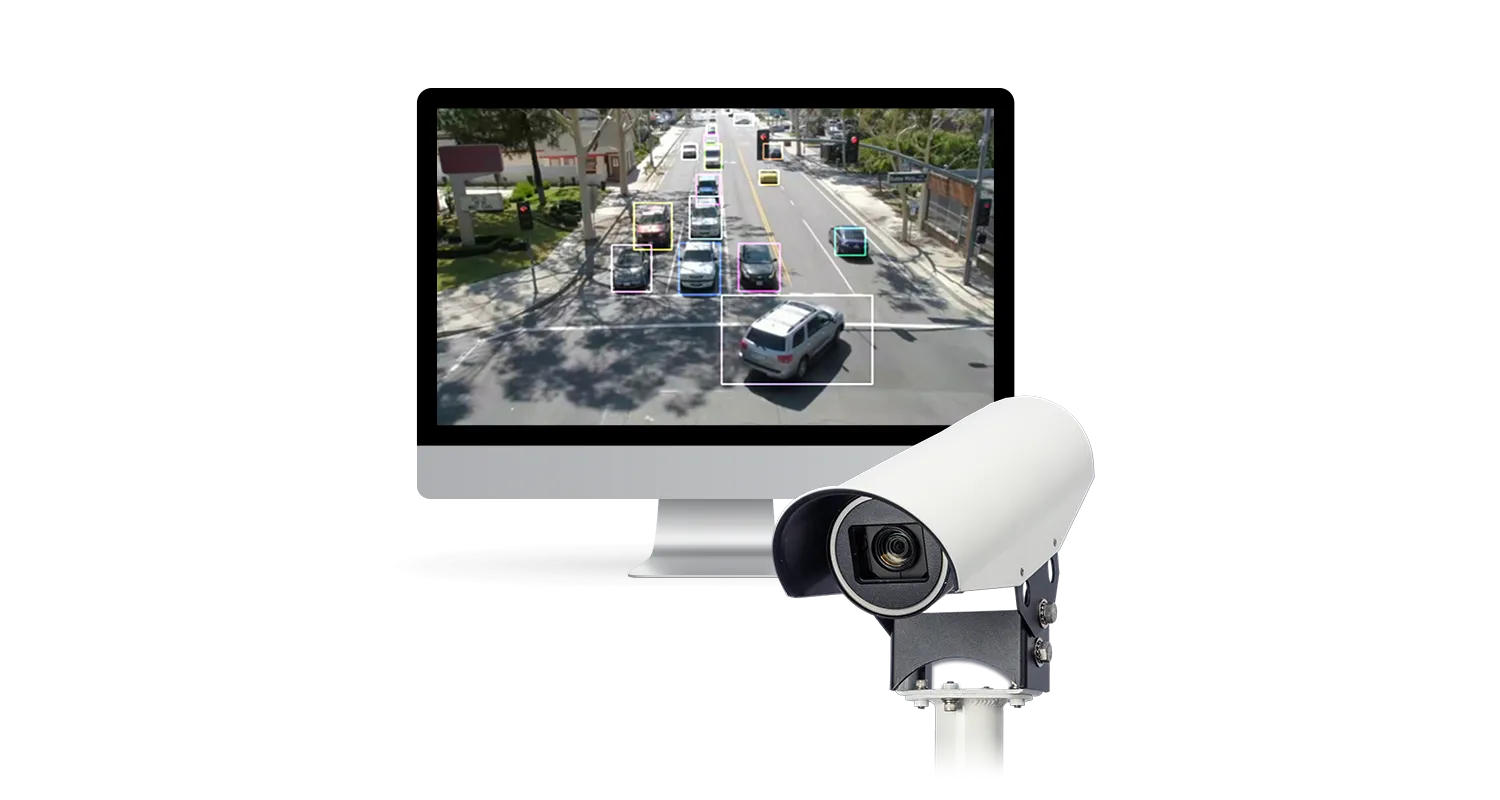CoEXist is a three-year project which focuses on the interaction between semi-automated and conventional vehicles in the transition to fully-AV fleets. It is funded under the Horizon 2020 framework programme of the
Four cities are involved: Gothenburg (Sweden), Stuttgart (Germany), Milton Keynes (UK) and Helmond, (Netherlands).Other project partners include research consultancy Rupprecht Consult, Swedish National Road and Transport Research Institute, European sustainable transport group Polis, and the universities of Florence and Stuttgart. It also comprises
Tass International organised a three-day data collection session in a real traffic environment on a test track in Helmond. The data and behaviour of the AVs were analysed and new features released in
• The four cities involved in the project will model use cases with PTV Visum, a solution which looks at numerous transport systems, modes of transport and user classes.
PTV works with partners to develop transport modelling software for AVs
PTV, a member of the CoEXist European research project, has announced the development of transport modelling software which it says is ready for automated vehicles (AVs).
CoEXist is a three-year project which focuses on the interaction between semi-automated and conventional vehicles in the transition to fully-AV fleets. It is funded under the Horizon 2020 framework programme of the European Commission with a budget of €3.5 million.
Four cities are involved: Gothenburg (Sweden), Stuttgart (Germany),
January 24, 2019
Read time: 2 mins










